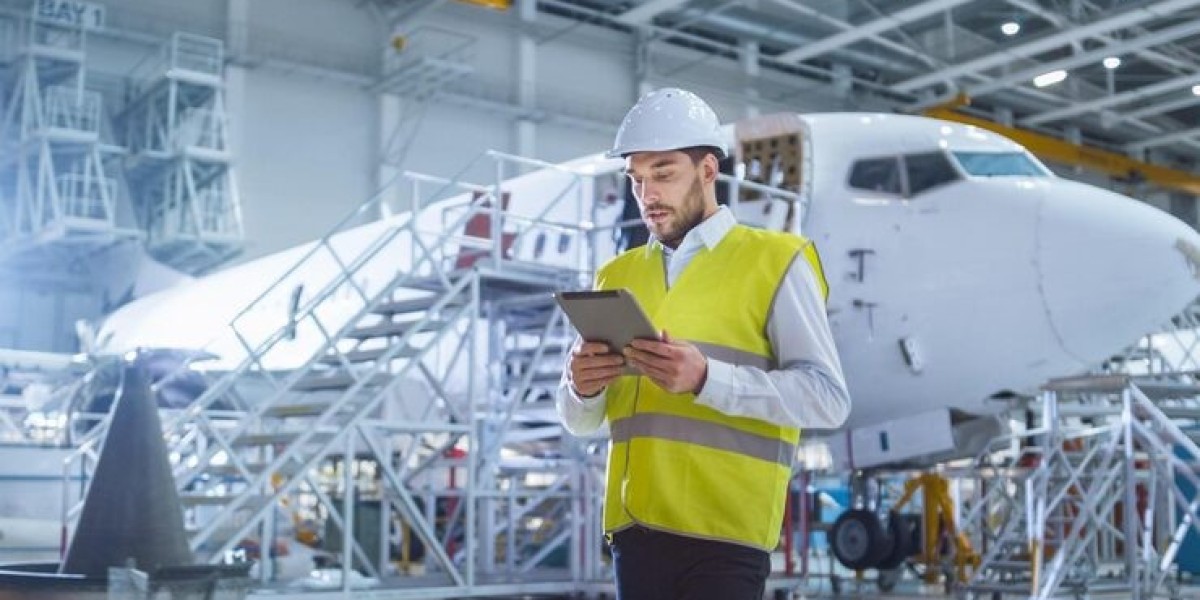In today’s rapidly evolving aerospace industry, precision, expertise, and innovative problem-solving are crucial. Engineering consultants play a pivotal role in helping organizations bridge the gap between concept and flight. With a focus on delivering high-quality solutions, these professionals support aircraft development, software integration, and system optimization. aerospace systems engineering lies at the core of these services, ensuring that both hardware and software function seamlessly in flight-critical environments. By leveraging advanced simulation, data analysis, and flight testing, engineering consultants enable organizations to reduce risk, improve efficiency, and achieve ambitious aerospace objectives.
Key Roles of an Engineering Consultant in Aerospace
Engineering consultants provide tailored solutions to meet the complex demands of aerospace projects. Their responsibilities extend across software development, system integration, and hardware optimization.
Flight-Critical Software Development
Developing reliable software for subsonic, supersonic, and hypersonic vehicles is one of the primary functions of aerospace engineering consultants. This includes designing software for both manned and unmanned aircraft to ensure optimal performance in critical systems. Consultants ensure that all software meets rigorous safety standards while remaining flexible enough to support future upgrades.
Advanced Simulation and Modeling
Simulation plays a vital role in reducing development risks and costs. Consultants use techniques such as software-in-the-loop (SIL) and hardware-in-the-loop (HIL) testing to validate system behavior before actual flight. These simulations allow teams to test responses to various scenarios safely and efficiently, ensuring more accurate and reliable outcomes during real-world operations.
Data Acquisition and Analysis
A crucial part of aerospace consulting involves collecting and analyzing data from multiple sources. Through sophisticated sensor packages and telemetry systems, engineers gather real-time insights to optimize system performance. Data-driven decision-making helps mitigate potential failures and enhances the overall reliability of aerospace projects.
System Integration
Seamless integration of hardware and software is essential for aircraft functionality. Engineering consultants ensure that every component, from flight controls to avionics systems, works harmoniously. This integrated approach minimizes errors, reduces development time, and enhances safety. A skilled avionics systems engineer plays a key role in ensuring all electronic and software systems communicate effectively across the aircraft.
Flight Testing Support
Flight testing is a critical stage in aerospace development. Consultants provide comprehensive support, from planning and preparation to execution and analysis. Their expertise ensures that testing proceeds smoothly, identifying and resolving issues before full-scale deployment.
Flight Simulator Development
Advanced flight simulators are essential for both training and system testing. Consultants design, develop, and integrate simulators that replicate real-world flight conditions. These tools provide cost-effective, safe environments for testing aircraft performance, flight controls, and software reliability.
Instrumentation and Telemetry
Instrumentation systems allow engineers to monitor aircraft performance during flight. Consultants implement telemetry solutions that provide real-time data collection, enabling informed decisions and precise system adjustments. This ensures that both the software and hardware components perform optimally under operational conditions.
Software Test Automation
Automating software testing improves accuracy, consistency, and efficiency. Engineering consultants design automated test protocols for embedded systems, custom flight displays, and control software. This process reduces manual errors and accelerates the development lifecycle, ensuring high-quality solutions.
Benefits of Hiring an Aerospace Engineering Consultant
Partnering with an engineering consultant brings specialized knowledge and a holistic approach to your aerospace project. Key benefits include:
Expert Guidance: Consultants provide in-depth expertise in flight controls, software development, and system integration.
Risk Mitigation: Advanced simulations and rigorous testing help prevent failures and reduce project costs.
Cost Efficiency: Leveraging cross-disciplinary expertise reduces the need for multiple contractors.
Flexibility: Consultants can offer tailored support for startups or established organizations, adjusting to project-specific requirements.
Enhanced Safety: Thorough testing and precise data analysis ensure reliable, safe, and compliant aerospace solutions.
Choosing the Right Engineering Consultant
Selecting a skilled consultant requires evaluating experience, technical knowledge, and industry reputation. Look for consultants with:
Proven experience in flight-critical software and avionics systems.
Expertise in advanced simulation and flight testing methodologies.
Strong analytical skills for data acquisition and system optimization.
Ability to provide end-to-end support, from design to execution.
Flexibility to collaborate with internal teams and adapt to evolving project needs.
Conclusion
Engineering consultants serve as critical partners in aerospace innovation, offering expertise in software development, system integration, and flight testing. Their comprehensive services help organizations navigate complex projects, mitigate risks, and achieve optimal performance. By integrating advanced simulation, telemetry, and data analysis, these professionals ensure every component works flawlessly in flight. Whether for startups or established aerospace leaders, engineering consultants provide solutions that drive progress, safety, and efficiency. For precision and reliability in aerospace projects, consider the specialized services of Flight Level Engineering.






